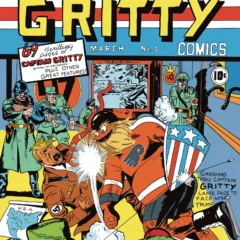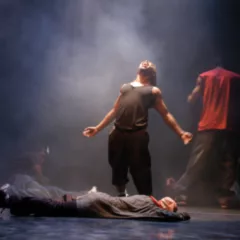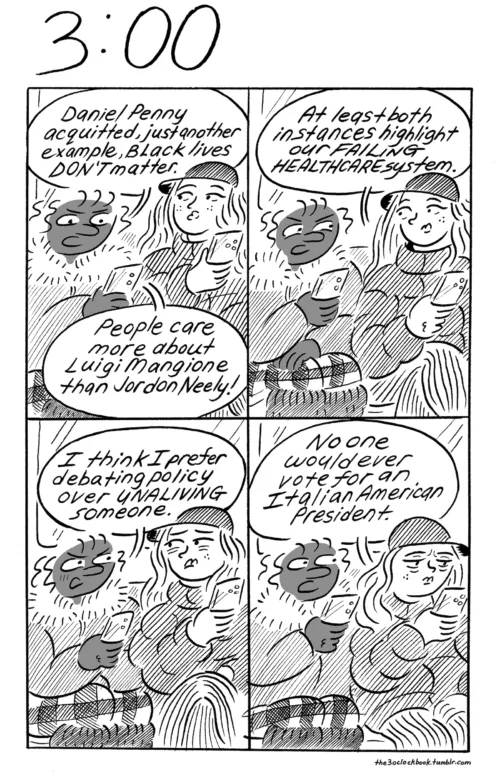[A new American work premiered by Opera Philadelphia hits some high notes..and some flat ones. — the Artblog editors]
Opera Philadelphia has a rather lofty goal—it aims to be regarded as one of the five most influential opera companies in America. A key step toward this goal is through the opera’s American Repertoire Program. This program commits to premiering a new American work every season for 10 consecutive seasons, solidifying Opera Philadelphia’s role as a national leader in the creation of new works.
Von Stade shines onstage
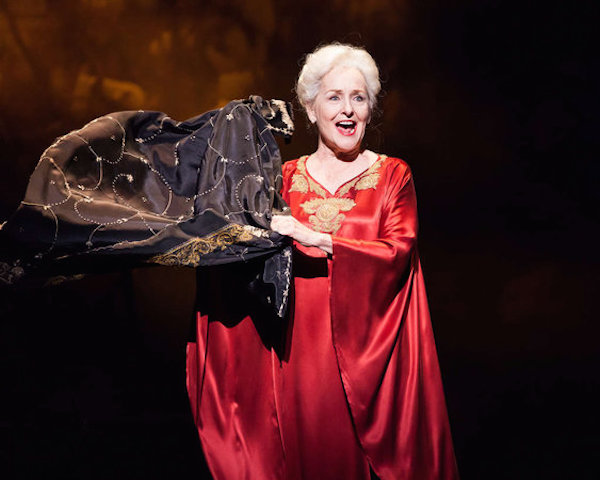
One of these new works was the 80-minute East Coast premiere of “A Coffin in Egypt” in the Kimmel Center’s intimate Perelman Theater, as part of Opera Philadelphia’s Aurora Series for Chamber Opera. The opera’s source material is the 1980 play “In A Coffin In Egypt,” written by the late Oscar-, Emmy-, and Pulitzer-winner Horton Foote. Rickey Ian Gordon (composer) and Leonard Foglia (librettist/director) stepped up to the challenge of adapting the work from play to opera.
This chamber opera serves as a one-woman show for mezzo-soprano Frederica von Stade. Von Stade plays Myrtle Bledsoe, a 90-year-old woman from the South; her character is actually based on a real person. Myrtle travels back to Egypt, Texas and reminisces about her life and everyone whom she has outlived along the way. All of the other performers are there almost as props for Myrtle’s lifelong realizations.
Von Stade’s aging, yet agile voice is well-suited to this once-glamorous woman, who spills her guts onto the stage about everything she has dealt with. Her memories are illustrated through numerous flashbacks, including a revolving storyline about her philandering husband, Hunter Bledsoe (played by David Matranga in his Opera Philadelphia debut).
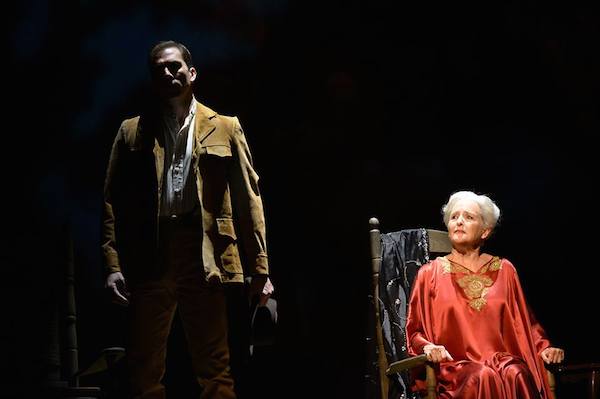
Von Stade’s performance is emotionally resonant. She provides many humorous lines throughout the opera, the most notable being: “There are blacks I like; there are blacks I don’t like. Just like there are whites I like, and many, many whites I don’t like.” That statement couldn’t be any more relevant today, and is pretty much what Dallas Mavericks owner Mark Cuban was attempting to say a few weeks ago in response to former Los Angeles Clippers owner Donald Sterling’s racist statements.
Libretto letdown
Because this is a chamber opera that takes place in only one act, the set is minimalist, but still provides a great basis for the story being told. The background is a cotton field that dims and glows with each story Myrtle shares with the audience. The only stage props visible are paint materials and rocking chairs. The night I went to see the show, the chamber opera (conducted by Timothy Myers) was paired with a nine-piece chamber ensemble that sensitively played Gordon’s quiet score.
Foglia’s introspective libretto outshines Gordon’s musical score, which lacks any kind of melodic punch. The music is a catalyst or supplier for the libretto, instead of standing on its own merits. Throughout the opera, a beautifully blended gospel quartet sings in the background many slave-era hymns that are still often sung today. These songs provide the most interest from the opera, musically speaking, especially when performed during one of von Stade’s monologues.
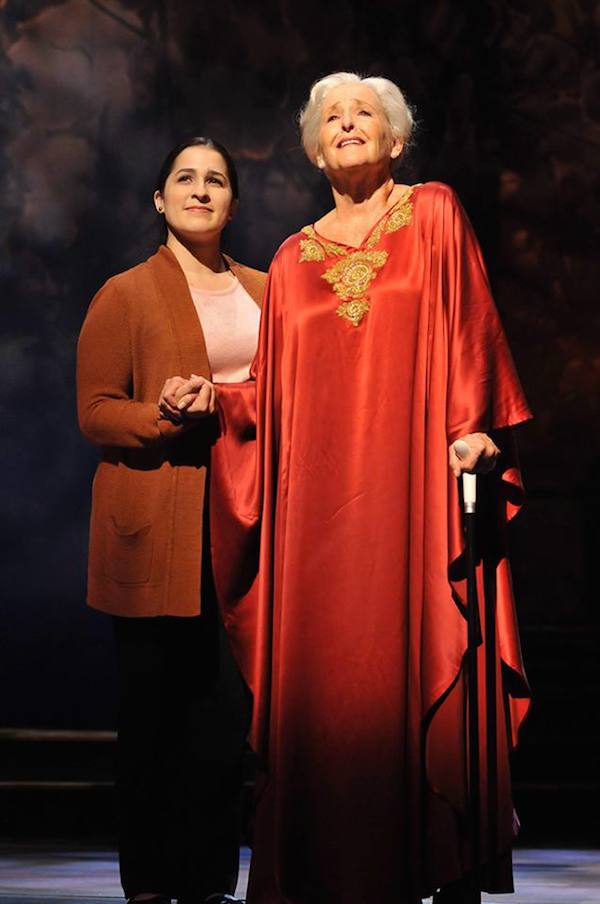
However, I actually do not think “A Coffin In Egypt” is an opera at all. I decided at one point in the evening that it is, in fact, a highly sophisticated musical theater piece, as there is a great deal of dialogue throughout the evening. I would pitch this as a limited engagement musical that runs at the Roundabout Theatre Company in New York City (a nonprofit Broadway theatre company that is presenting a musical in the same ballpark as this one, called “Violet”).
Through the eyes of the lonely Myrtle Bledsoe, we are able to laugh at (and with) her pain. This piece gives the audience the opportunity to hear Myrtle think aloud, and her best line comes at the end: “Maybe the reason I live on is to forgive.” “A Coffin In Egypt” teaches us that most of all, we receive freedom when we learn to forgive all of the hurt surrounding us, and start life from that point anew.
Opera Philadelphia’s performances of “A Coffin In Egypt” run through Sunday, June 15, 2014. For more information, please visit http://www.operaphila.org/production/coffin-egypt.


